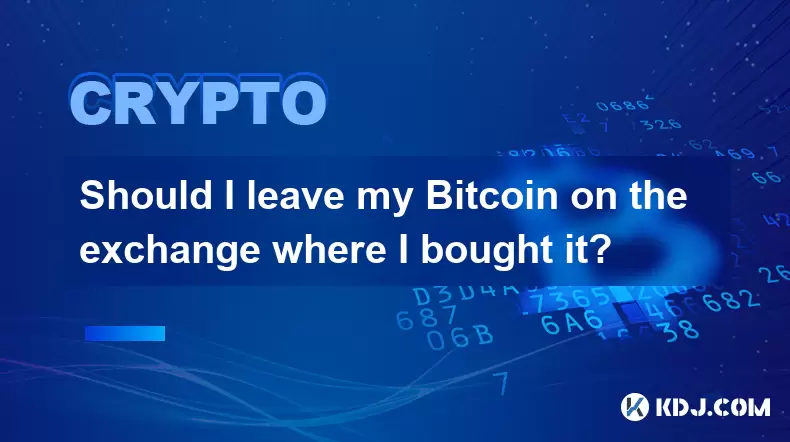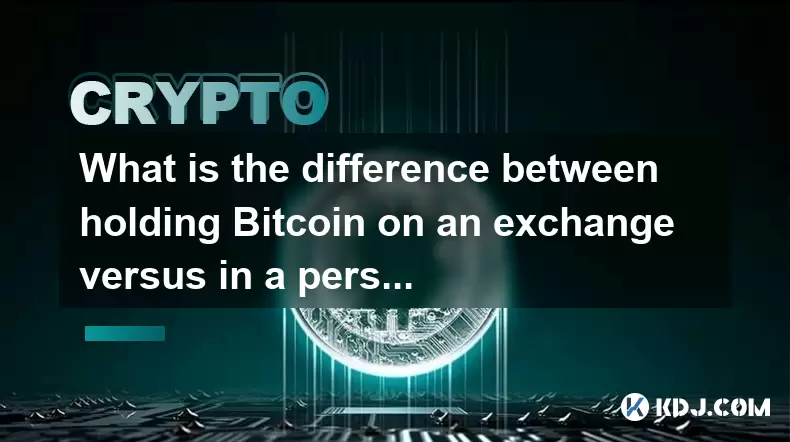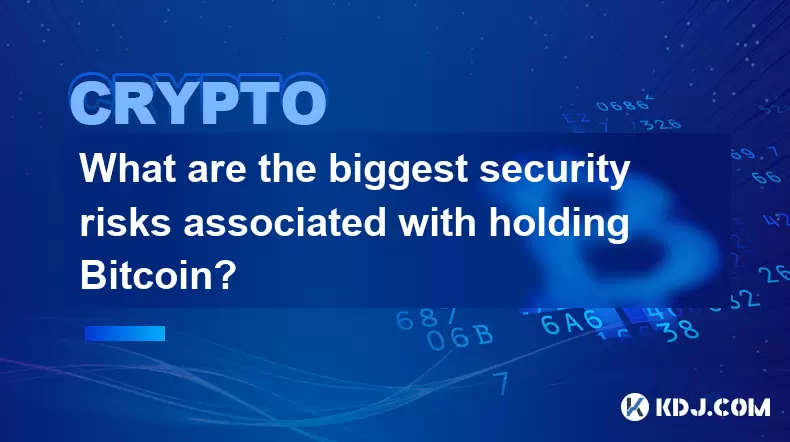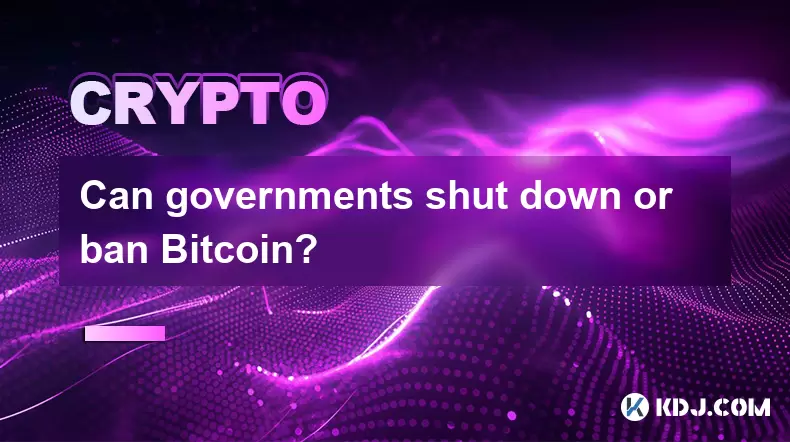-
 Bitcoin
Bitcoin $114200
0.00% -
 Ethereum
Ethereum $3637
0.56% -
 XRP
XRP $2.950
-2.01% -
 Tether USDt
Tether USDt $0.9999
0.02% -
 BNB
BNB $761.0
0.55% -
 Solana
Solana $164.1
-1.38% -
 USDC
USDC $0.9999
0.02% -
 TRON
TRON $0.3332
0.36% -
 Dogecoin
Dogecoin $0.2012
-0.52% -
 Cardano
Cardano $0.7261
-1.41% -
 Hyperliquid
Hyperliquid $37.62
-2.13% -
 Stellar
Stellar $0.3930
-2.65% -
 Sui
Sui $3.441
-0.16% -
 Bitcoin Cash
Bitcoin Cash $563.8
0.70% -
 Chainlink
Chainlink $16.50
0.09% -
 Hedera
Hedera $0.2424
-0.14% -
 Ethena USDe
Ethena USDe $1.001
0.01% -
 Avalanche
Avalanche $22.20
0.00% -
 Litecoin
Litecoin $118.0
-2.48% -
 UNUS SED LEO
UNUS SED LEO $8.991
0.12% -
 Toncoin
Toncoin $3.195
-3.87% -
 Shiba Inu
Shiba Inu $0.00001217
0.12% -
 Uniswap
Uniswap $9.674
-0.21% -
 Polkadot
Polkadot $3.633
1.00% -
 Monero
Monero $295.3
-0.82% -
 Dai
Dai $0.9999
0.00% -
 Bitget Token
Bitget Token $4.321
-0.41% -
 Cronos
Cronos $0.1392
0.73% -
 Pepe
Pepe $0.00001027
-0.89% -
 Aave
Aave $258.5
0.32%
Bitcoin investment must-read for novices: How to buy the most cost-effectively? How to make a profit?
For novices, buying Bitcoin cost-effectively involves choosing low-fee exchanges and using dollar-cost averaging, while profiting requires long-term holding or active trading strategies.
Jun 04, 2025 at 05:21 pm

Bitcoin investment must-read for novices: How to buy the most cost-effectively? How to make a profit?
Investing in Bitcoin can be an exciting venture, especially for novices eager to dive into the world of cryptocurrencies. However, it is essential to understand how to buy Bitcoin in the most cost-effective way and strategies to make a profit. This article will guide you through the process of purchasing Bitcoin efficiently and provide insights on how to turn a profit in the volatile crypto market.
Understanding Bitcoin and Its Market
Before jumping into the specifics of buying and profiting from Bitcoin, it is crucial to have a basic understanding of what Bitcoin is and how its market functions. Bitcoin is a decentralized digital currency, which means it operates without a central authority like a bank or government. Its market is highly volatile, with prices that can fluctuate significantly within short periods. This volatility is driven by factors such as market sentiment, regulatory news, and technological developments.
How to Buy Bitcoin Cost-Effectively
Buying Bitcoin cost-effectively involves choosing the right platform, minimizing fees, and timing your purchases wisely. Here's how you can do it:
Select the Right Exchange: Different cryptocurrency exchanges have varying fee structures and user experiences. Research and compare exchanges like Coinbase, Binance, and Kraken to find one that suits your needs. Look for exchanges with low transaction fees and a user-friendly interface.
Use a Crypto Broker: If you are new to cryptocurrency, using a crypto broker like eToro or Robinhood might be easier. These platforms often provide a simpler interface and can guide you through the process of buying Bitcoin. However, be aware that they might charge higher fees.
Timing Your Purchase: The price of Bitcoin can change rapidly. Monitor the market trends and consider using dollar-cost averaging (DCA), where you invest a fixed amount at regular intervals. This strategy can help you buy Bitcoin at a lower average price over time.
Minimize Transaction Fees: When buying Bitcoin, transaction fees can add up. Choose exchanges with low trading fees and consider using limit orders instead of market orders. Limit orders allow you to set a specific price at which you want to buy, potentially saving you money.
How to Make a Profit with Bitcoin
Making a profit with Bitcoin involves more than just buying low and selling high. Here are some strategies to help you maximize your returns:
Long-term Holding (HODLing): One of the most common strategies is to hold onto your Bitcoin for the long term. Historically, Bitcoin's value has increased over time, despite short-term volatility. By holding onto your investment, you may benefit from its long-term growth.
Trading Strategies: If you prefer a more active approach, you can engage in trading. Day trading involves buying and selling Bitcoin within the same day to capitalize on short-term price movements. Swing trading focuses on holding Bitcoin for a few days to weeks to benefit from larger price swings.
Diversification: While Bitcoin can be a lucrative investment, it's wise to diversify your portfolio. Consider investing in other cryptocurrencies or traditional assets to spread your risk. Diversification can help protect your investments from the volatility of a single asset.
Staying Informed: The cryptocurrency market is influenced by a variety of factors, including regulatory news, technological advancements, and market sentiment. Stay informed about the latest developments in the crypto world to make informed decisions about your investments.
Setting Up a Bitcoin Wallet
To buy and store Bitcoin, you'll need a Bitcoin wallet. Here's how to set one up:
Choose a Wallet Type: There are several types of Bitcoin wallets, including software wallets, hardware wallets, and paper wallets. Software wallets are apps or programs you can download on your computer or smartphone. Hardware wallets are physical devices that store your Bitcoin offline, offering higher security. Paper wallets involve printing out your Bitcoin keys and storing them securely.
Download and Install a Software Wallet: If you choose a software wallet, download it from the official website of the wallet provider. Follow the installation instructions to set up the wallet on your device.
Set Up a Hardware Wallet: For a hardware wallet, purchase one from a reputable seller. Follow the manufacturer's instructions to set up the device. This usually involves connecting it to your computer and initializing it with a unique passphrase.
Secure Your Wallet: Regardless of the type of wallet you choose, secure it with a strong password and enable two-factor authentication (2FA) if available. Keep your private keys and recovery phrases safe and never share them with anyone.
Managing Your Bitcoin Investment
Once you have purchased Bitcoin and set up your wallet, it's important to manage your investment effectively. Here are some tips:
Regularly Review Your Portfolio: Monitor your Bitcoin holdings regularly to track their performance. Use a portfolio tracker or a spreadsheet to keep an eye on your investments and adjust your strategy as needed.
Reinvest Profits: If you make a profit from selling Bitcoin, consider reinvesting those profits to compound your returns. Reinvesting can help you grow your investment over time.
Stay Disciplined: The crypto market can be emotionally challenging due to its volatility. Stay disciplined with your investment strategy and avoid making impulsive decisions based on short-term market movements.
Secure Your Investments: Always prioritize the security of your Bitcoin. Use strong passwords, enable 2FA, and keep your private keys offline. Consider using a hardware wallet for larger amounts of Bitcoin to protect against hacks and theft.
Frequently Asked Questions
Q: Can I buy Bitcoin with a credit card?
A: Yes, many cryptocurrency exchanges and brokers allow you to buy Bitcoin with a credit card. However, be aware that using a credit card may incur higher fees and interest rates, and some credit card companies may treat cryptocurrency purchases as cash advances.
Q: What is the minimum amount of Bitcoin I can buy?
A: The minimum amount of Bitcoin you can buy varies depending on the platform. Some exchanges allow you to buy fractions of a Bitcoin, making it possible to start with a small investment. Check the specific minimum purchase requirements of the exchange you choose.
Q: Is it safe to store Bitcoin on an exchange?
A: Storing Bitcoin on an exchange can be risky, as exchanges are vulnerable to hacks and theft. It is generally recommended to transfer your Bitcoin to a secure wallet, especially if you plan to hold it for the long term. Use exchanges for trading and move your Bitcoin to a personal wallet for storage.
Q: How do I know if a Bitcoin exchange is reputable?
A: To determine if a Bitcoin exchange is reputable, consider factors such as its history, user reviews, regulatory compliance, and security measures. Look for exchanges that are registered with financial authorities and have a strong track record of protecting user funds.
Disclaimer:info@kdj.com
The information provided is not trading advice. kdj.com does not assume any responsibility for any investments made based on the information provided in this article. Cryptocurrencies are highly volatile and it is highly recommended that you invest with caution after thorough research!
If you believe that the content used on this website infringes your copyright, please contact us immediately (info@kdj.com) and we will delete it promptly.
- Brazil, Bitcoin, Hearing Date: Is Brazil About to Embrace Bitcoin?
- 2025-08-06 20:30:38
- Stabull DEX on Base Chain: A New Era for Stablecoins?
- 2025-08-06 20:47:53
- WeWake Finance: Is This the Crypto ROI Opportunity You've Been Waiting For?
- 2025-08-06 21:10:18
- PancakeSwap, US Stocks, and Perpetual Contracts: A New Frontier in DeFi
- 2025-08-06 21:10:18
- South Korea, Stablecoins, and Online Banks: KakaoBank's Bold Move
- 2025-08-06 20:47:53
- Crypto, ASEAN, and the Philippines: Web3's Rising Star?
- 2025-08-06 21:55:07
Related knowledge

Should I leave my Bitcoin on the exchange where I bought it?
Aug 04,2025 at 06:35am
Understanding the Role of Smart Contracts in Decentralized Finance (DeFi)Smart contracts are self-executing agreements with the terms directly written...

What is the difference between holding Bitcoin on an exchange versus in a personal wallet?
Aug 02,2025 at 03:15pm
Understanding Custodial vs Non-Custodial ControlWhen holding Bitcoin on an exchange, users are essentially entrusting their assets to a third party. E...

What is the environmental impact of Bitcoin mining, and is it a serious concern?
Aug 04,2025 at 02:14am
Understanding the Energy Consumption of Bitcoin MiningBitcoin mining relies on a proof-of-work (PoW) consensus mechanism, which requires miners to sol...

What is a 51% attack, and could it destroy Bitcoin?
Aug 03,2025 at 05:08pm
Understanding the Concept of a 51% AttackA 51% attack refers to a scenario in which a single entity or group gains control of more than half of a bloc...

What are the biggest security risks associated with holding Bitcoin?
Aug 03,2025 at 03:16pm
Exposure to Private Key CompromiseOne of the most critical security risks when holding Bitcoin is the compromise of private keys. These cryptographic ...

Can governments shut down or ban Bitcoin?
Aug 02,2025 at 09:44am
Understanding Bitcoin’s Decentralized StructureBitcoin operates on a decentralized peer-to-peer network, meaning it is not controlled by any single en...

Should I leave my Bitcoin on the exchange where I bought it?
Aug 04,2025 at 06:35am
Understanding the Role of Smart Contracts in Decentralized Finance (DeFi)Smart contracts are self-executing agreements with the terms directly written...

What is the difference between holding Bitcoin on an exchange versus in a personal wallet?
Aug 02,2025 at 03:15pm
Understanding Custodial vs Non-Custodial ControlWhen holding Bitcoin on an exchange, users are essentially entrusting their assets to a third party. E...

What is the environmental impact of Bitcoin mining, and is it a serious concern?
Aug 04,2025 at 02:14am
Understanding the Energy Consumption of Bitcoin MiningBitcoin mining relies on a proof-of-work (PoW) consensus mechanism, which requires miners to sol...

What is a 51% attack, and could it destroy Bitcoin?
Aug 03,2025 at 05:08pm
Understanding the Concept of a 51% AttackA 51% attack refers to a scenario in which a single entity or group gains control of more than half of a bloc...

What are the biggest security risks associated with holding Bitcoin?
Aug 03,2025 at 03:16pm
Exposure to Private Key CompromiseOne of the most critical security risks when holding Bitcoin is the compromise of private keys. These cryptographic ...

Can governments shut down or ban Bitcoin?
Aug 02,2025 at 09:44am
Understanding Bitcoin’s Decentralized StructureBitcoin operates on a decentralized peer-to-peer network, meaning it is not controlled by any single en...
See all articles

























































































